The Fabric Face-Off: Linen vs. Cotton - A Comprehensive Comparison
When it comes to choosing the perfect fabric for clothing, bedding, or home decor, two materials stand out as favorites: Linen and Cotton. Both of these natural fibers have been used for centuries in the textile industry and have their unique characteristics and advantages. In this article, we will delve into the key features of Linen and Cotton, comparing their benefits and limitations to help you make an informed decision when considering your fabric choices.
Let’s Explore Difference Between Linen and Cotton
- Characteristics of Linen
Linen is a natural fabric derived from the flax plant. Its fibers are known for their breathability and comfort, making it an excellent choice for warm weather garments. Linen is highly durable and has a long lifespan, making it a cherished fabric for heirloom pieces and accessories.
- Advantages of Linen
One of the most significant advantages of Linen is its eco-friendliness. Flax, the plant from which Linen is sourced, requires less water and pesticides compared to other crops, making it a sustainable choice. Linen also possesses moisture-wicking properties, drawing sweat away from the body, keeping the wearer cool and comfortable. Additionally, Linen is hypoallergenic, making it ideal for those with sensitive skin.
- Limitations of Linen
However, Linen is not without its drawbacks. One common concern is its propensity to wrinkle and crease easily. While this may add charm to a casual look, it might not be suitable for more formal occasions. Moreover, Linen tends to be more expensive than cotton, which can affect its affordability for some consumers.
- Characteristics of Cotton
Cotton, on the other hand, is the most widely used natural fiber globally and is sourced from the cotton plant's fluffy bolls. It is renowned for its softness and versatility, making it a popular choice for various clothing items and home textiles.
- Advantages of Cotton
Cotton is known for its affordability and accessibility. It is widely available, making it a favorite fabric for everyday wear. Cotton is also easy to care for and maintain, as it can withstand regular washing without losing its shape or color. Additionally, it comes in a wide variety of textures and weaves, catering to different preferences and needs.
- Limitations of Cotton
However, Cotton does have some limitations. It is prone to pilling and wear, especially when subjected to frequent friction. Furthermore, Cotton may not be as breathable as Linen, which could lead to discomfort in hot and humid climates.
Cotton vs. Linen: A Comparison
When comparing Linen and Cotton, several factors come into play.
- Comfort and Breathability
Linen's exceptional breathability makes it an excellent choice for warm weather conditions. Its natural fibers allow air circulation, keeping the body cool and preventing excessive sweating. Cotton, while breathable, may not provide the same level of comfort in extremely hot weather.
- Durability and Longevity
Linen's durability is one of its most significant advantages. With proper care, Linen garments can last for many years and even improve with age. On the other hand, Cotton may not be as durable as Linen and may show signs of wear sooner.
- Environmental Impact
In terms of sustainability, Linen outshines Cotton. Linen production requires less water and has a lower carbon footprint, making it a more environmentally friendly choice.
Which is better for clothing?
The choice between Linen and Cotton for clothing depends on the climate and the occasion. In hot and humid weather, Linen's breathability and moisture-wicking properties make it the preferred option. On the other hand, Cotton's affordability and versatility make it an excellent choice for everyday wear.
Which is better for bedding?
In bedding, both fabrics have their merits. Linen's breathability can provide a more comfortable sleep experience in warmer climates. Meanwhile, Cotton's softness and variety make it a popular choice for bedding worldwide.
Which is better for home decor?
For home decor, the choice between Linen and Cotton depends on personal preference and the desired aesthetic. Linen's natural texture can add an earthy and organic feel to a space, while Cotton offers a wide range of patterns and colors to suit various design styles.
Sustainability and Environmental Impact
In terms of sustainability, Linen is the clear winner. Its eco-friendly cultivation and production methods make it a more environmentally conscious choice compared to Cotton.
Conclusion
In conclusion, both Linen and Cotton have their unique strengths and qualities. Linen is a top choice for warm weather clothing, offering breathability and comfort along with sustainability. On the other hand, Cotton's softness, versatility, and affordability make it a popular option for everyday wear and home textiles. Ultimately, the decision between Linen and Cotton will depend on individual preferences, needs, and the intended use of the fabric.
FAQs
- What is better, cotton, or linen?
The choice between cotton and linen depends on personal preferences and specific use cases. Cotton is softer and more affordable, making it a popular choice for everyday wear and bedding. Linen, on the other hand, is highly breathable, durable, and more environmentally friendly, making it a preferred option for warm weather clothing and sustainable textiles.
- Is 100% cotton the same as 100% linen?
No, 100% cotton and 100% linen are not the same. They are two distinct natural fibers sourced from different plants. Cotton comes from the cotton plant's fluffy bolls, while linen is derived from the flax plant. Each fabric has its unique characteristics and qualities.
- Is linen better than cotton for the skin?
Linen is often considered better for the skin, especially for individuals with sensitive skin or allergies. Linen's hypoallergenic properties and breathability make it less likely to cause skin irritation. However, this can vary from person to person, and some may find cotton equally suitable for their skin.
- Which is warmer, linen, or cotton?
Cotton is generally warmer than linen. Cotton fibers trap more heat, making it a better option for cooler weather or colder climates. Linen, on the other hand, is more breathable and suitable for warm temperatures as it allows air to circulate, keeping the body cooler.
- Is Linen more expensive than Cotton?
Yes, Linen tends to be more expensive than Cotton due to its labor-intensive production process and limited availability.
- Is Cotton suitable for hot weather?
While Cotton is breathable, it may not be as effective in extremely hot and humid conditions as Linen.
- Does Cotton shrink after washing?
Cotton may experience some shrinkage after the first few washes, especially if not cared for properly.
- Can Linen garments withstand frequent washing?
Yes, Linen garments can withstand regular washing and tend to improve in softness with each wash.

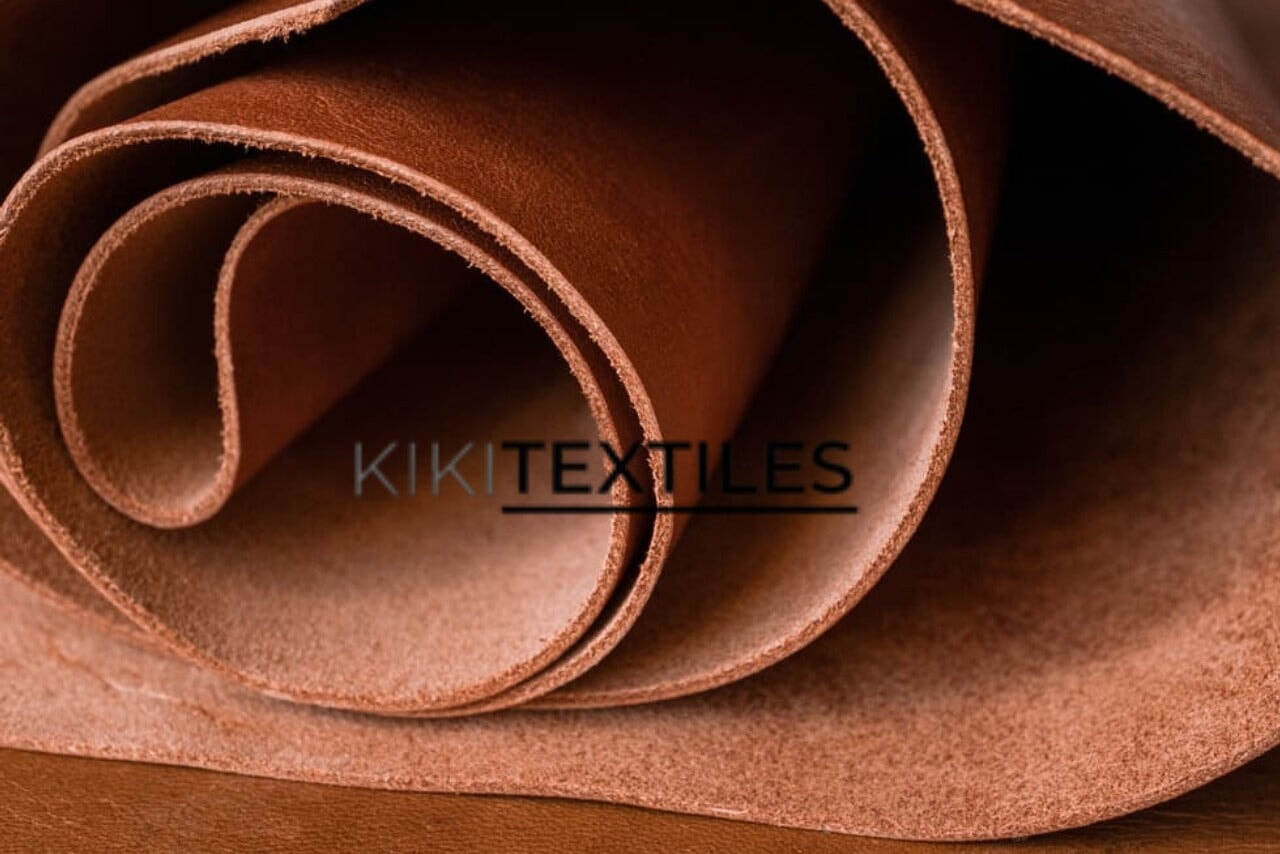



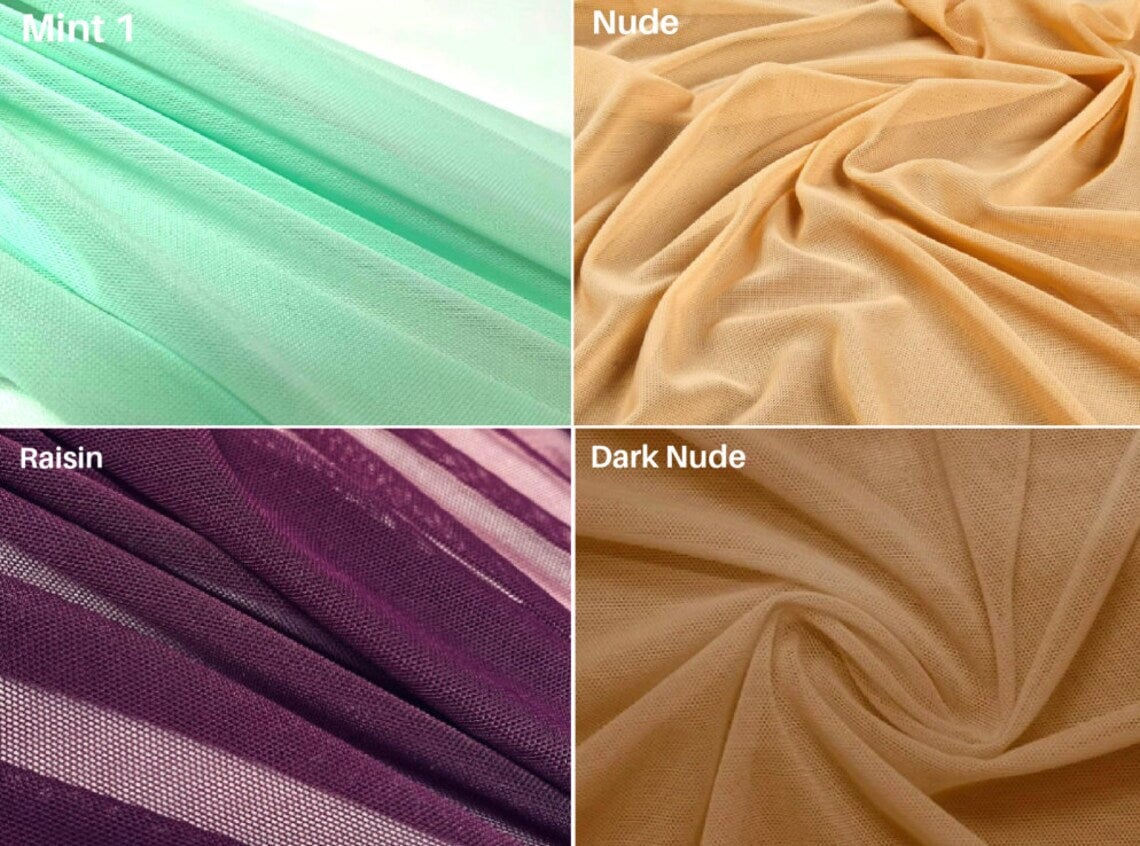
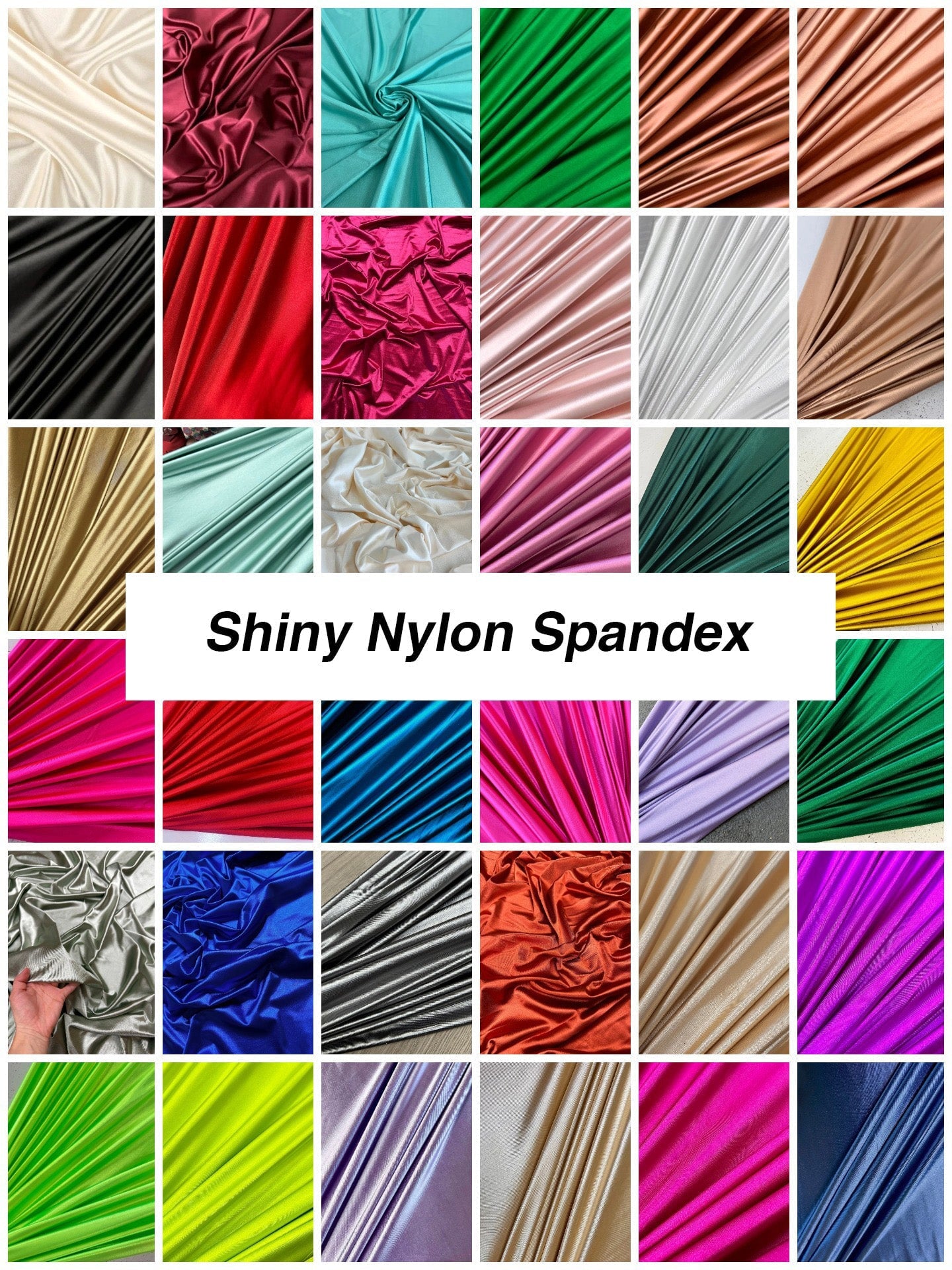
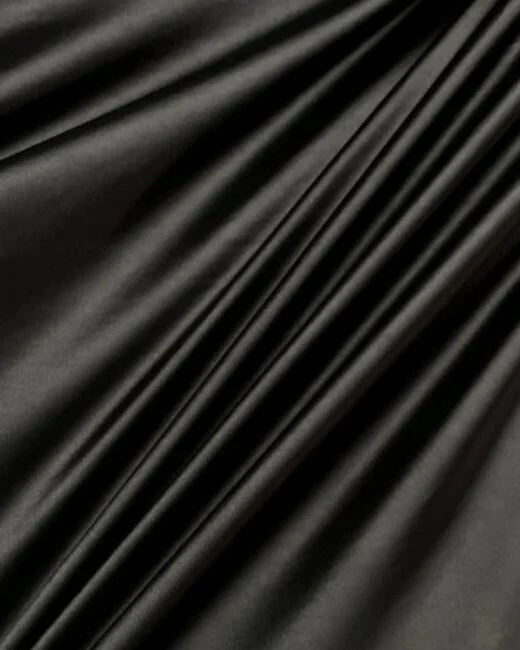
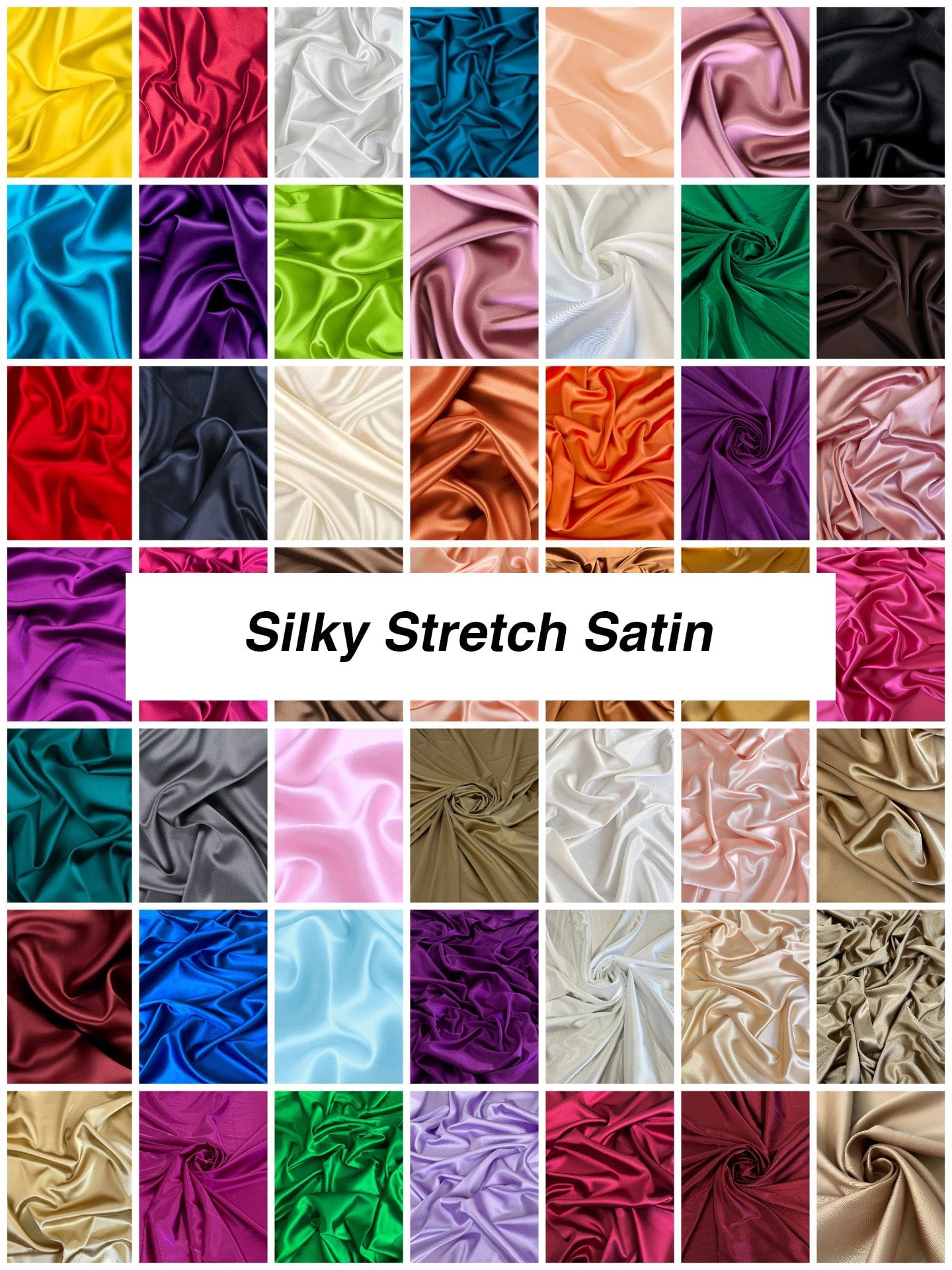
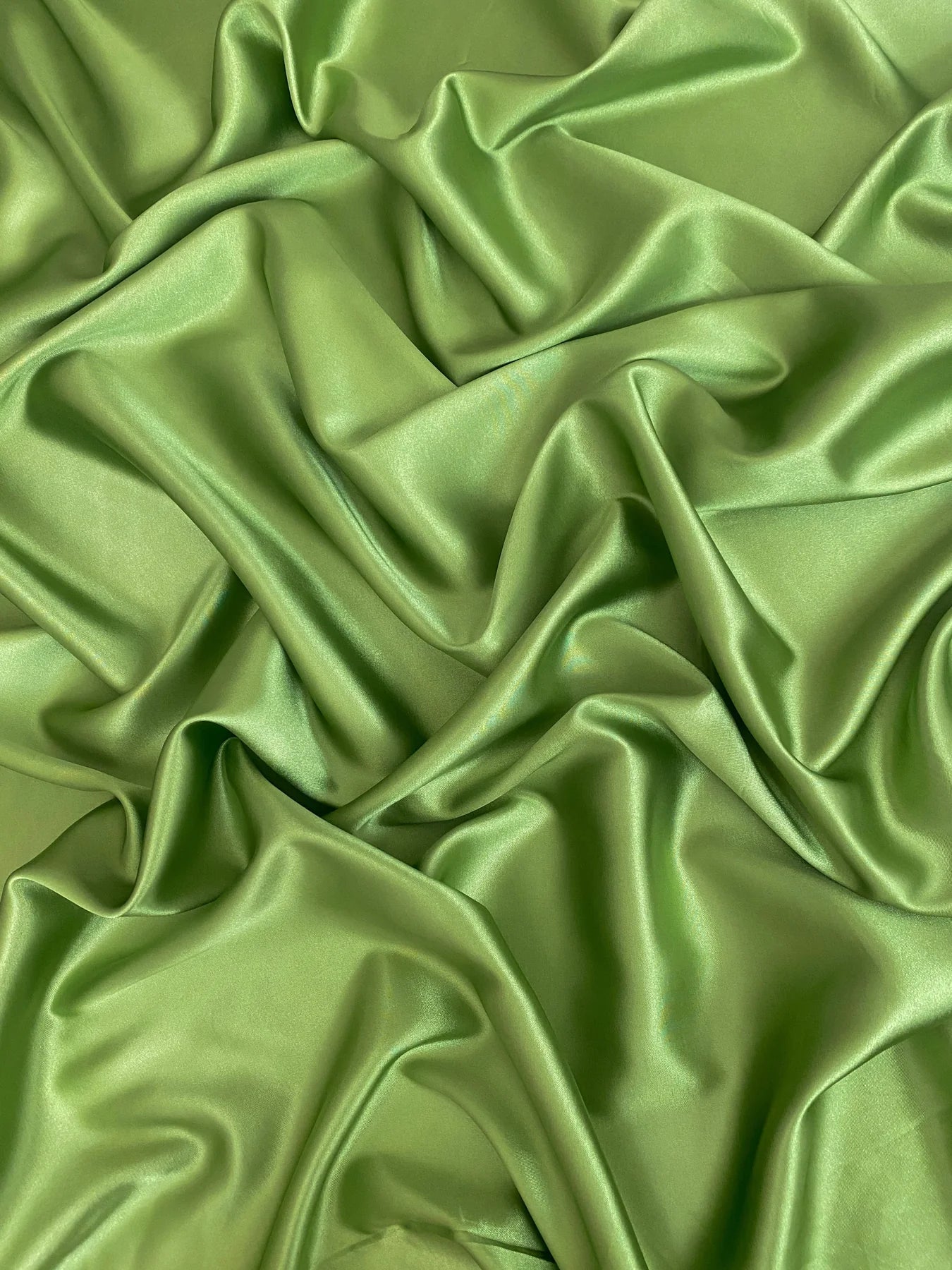
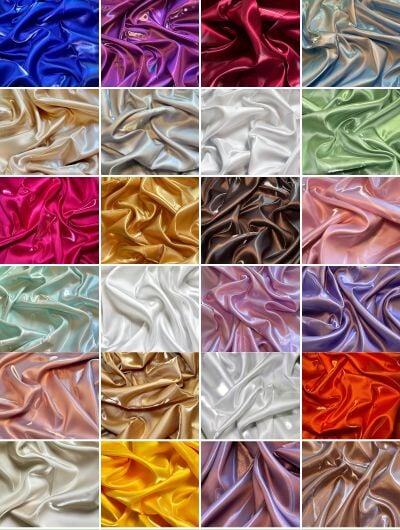

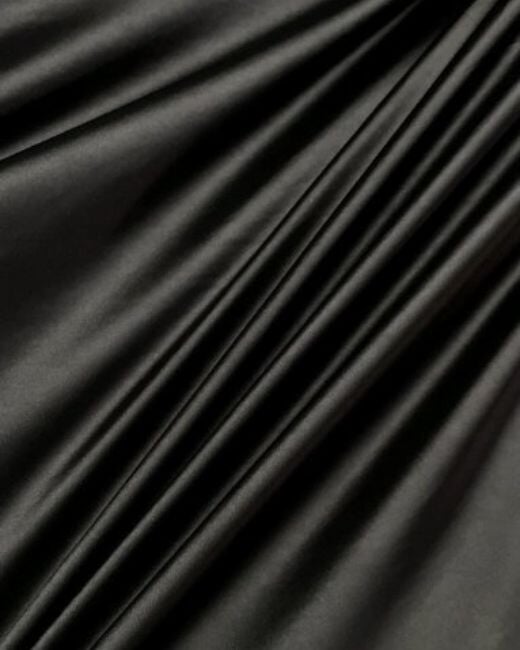

Leave a comment